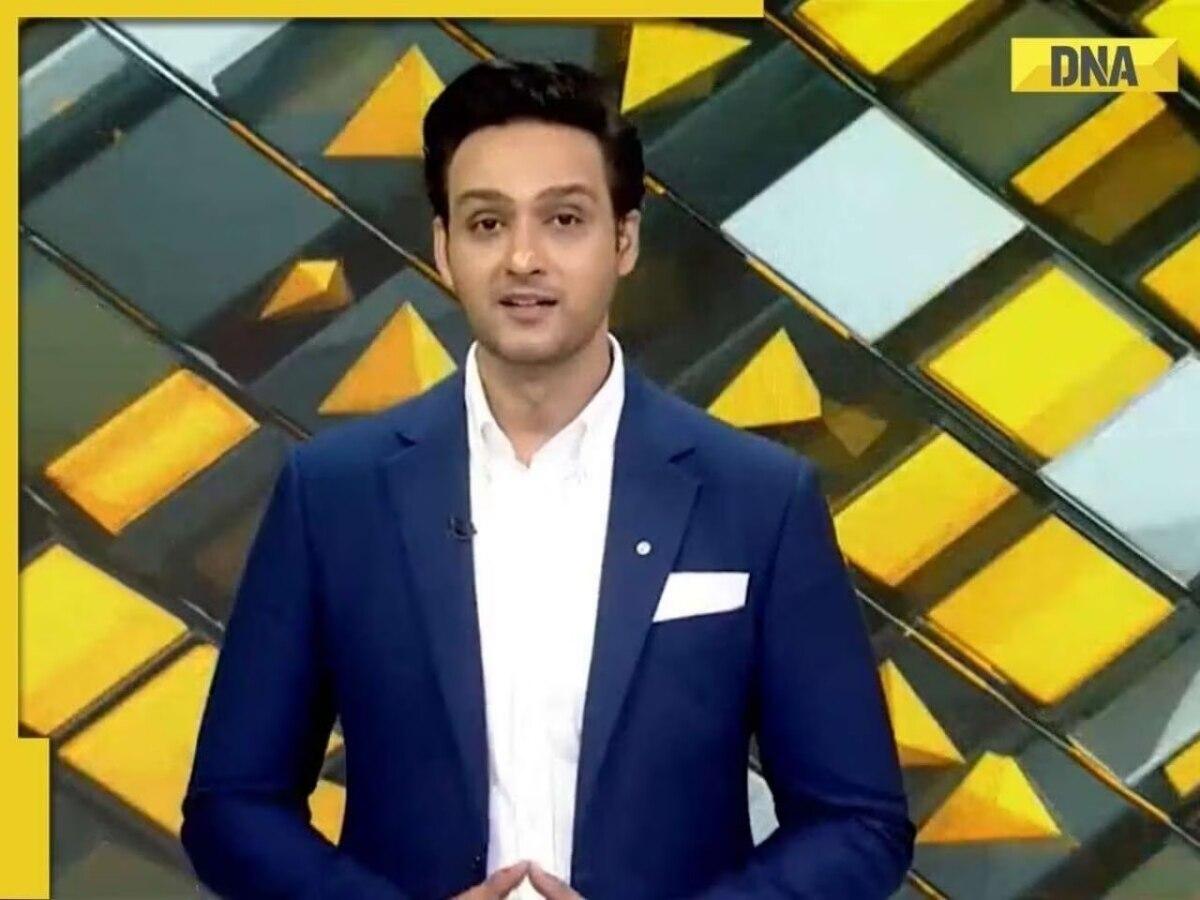
A video featuring Union Home Minister Amit Shah asserting that the Bharatiya Janata Party (BJP) will do away with ‘unconstitutional reservations’ for Scheduled Castes (SC), Scheduled Tribes (ST), and Other Backward Classes (OBC) has gone viral on social media amidst the ongoing Lok Sabha elections. However, in-depth research has uncovered that this video was altered and propagated with the aim of spreading misinformation.
The controversial video, widely circulated by several social media accounts including official Congress handles, purportedly shows Home Minister Amit Shah declaring that the BJP plans to abolish SC/ST reservation quotas if elected to power. These claims have sparked significant outrage and debate across various platforms. In response, BJP officials have vehemently denied the statements depicted in the video and have accused the Congress of disseminating false information designed to incite societal unrest.
In the heated atmosphere of the Lok Sabha elections 2024, ZEE News anchor Sourabh Raaj Jain analyzed technology’s role in shaping and threatening the nation’s democracy in the digital age. The examination underscored how technological advancements, including the creation and distribution of deepfakes, pose a formidable threat to democratic processes.
On April 28 at 6:42 am, a video surfaced on the social networking site X, where Amit Shah is allegedly heard proclaiming the elimination of ‘unconstitutional reservations’ for SC, ST, and OBC groups contingent upon the BJP’s success in the elections. The post, which stated, “We will end SC-ST and OBC reservation: Home Minister Amit Shah,” rapidly gained traction online, eliciting widespread conversations and debates among users.
The ambiguous video’s quick rise to notoriety prompted swift action from authorities. On Sunday, the Delhi Police registered a case pertaining to the doctored video that is circulating across social media platforms. The video, igniting controversy and allegations of misinformation, has compelled the Ministry of Home Affairs (MHA) to file a formal complaint, seeking stringent action against those responsible for producing and sharing the manipulated content.
The political ramifications of the deepfake video have also drawn sharp criticism from Prime Minister Narendra Modi. Speaking at an election rally in Maharashtra’s Satara, PM Modi criticized political opponents for disseminating a manipulated video of Union Home Minister Amit Shah. He contended that the opposition’s tactics stemmed from a fear of losing the elections and cautioned the public against falling prey to such fake news tactics.
.
The spread of doctored content, such as the Amit Shah video, shines a light on the critical issue of digital literacy and responsible content consumption in today’s fast-paced, information-rich world. As deepfake technology becomes increasingly sophisticated and accessible, the potential for misuse in the political arena becomes a significant concern. Experts argue that educating the public on recognizing and questioning the authenticity of digital content is essential to preserve democratic integrity.
Moreover, the incident has led to a broader discussion about the ethical implications of using artificial intelligence to create deceptive media. Policymakers, tech companies, and civil society must work together to establish robust frameworks and policies that can mitigate such risks. The collaboration between these entities is crucial in the fight against the spread of disinformation and the safeguarding of democratic processes.
Tech giants, including social media platforms, play a pivotal role in regulating and monitoring content to prevent the spread of false information. Enhanced detection algorithms, user-reporting mechanisms, and prompt action against flagged content are necessary steps in this ongoing battle. Nevertheless, the responsibility ultimately lies with users to critically evaluate the information they encounter online.
The Amit Shah deepfake video controversy serves as a stark reminder of the vulnerabilities inherent in our digital ecosystem. As society continues to navigate the complexities introduced by technology, a concerted effort to discern fact from fiction is indispensable. The vigilance of authorities, tech companies, and the public combined can ensure that the principles of democracy remain intact amid the rapid evolution of digital landscapes.
In conclusion, the controversy surrounding the doctored video of Union Home Minister Amit Shah underscores the pressing need for awareness, education, and regulatory measures to address the burgeoning challenge of deepfakes. As technology evolves, so must our approaches to safeguarding truth and fostering an environment where information can be trusted and democracy can thrive.












